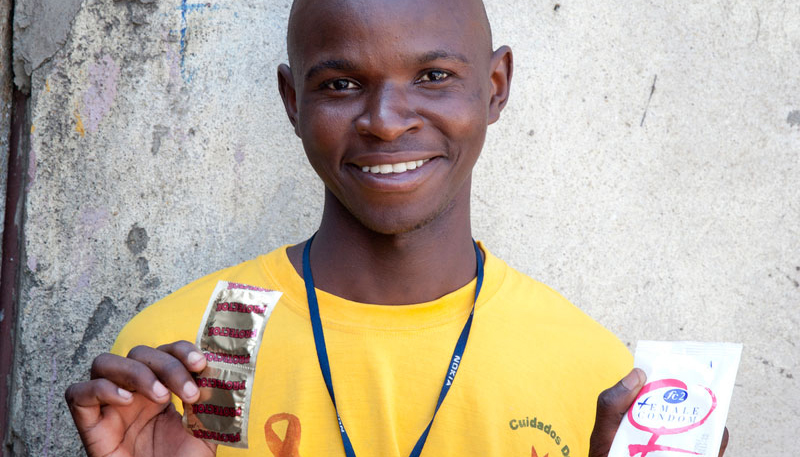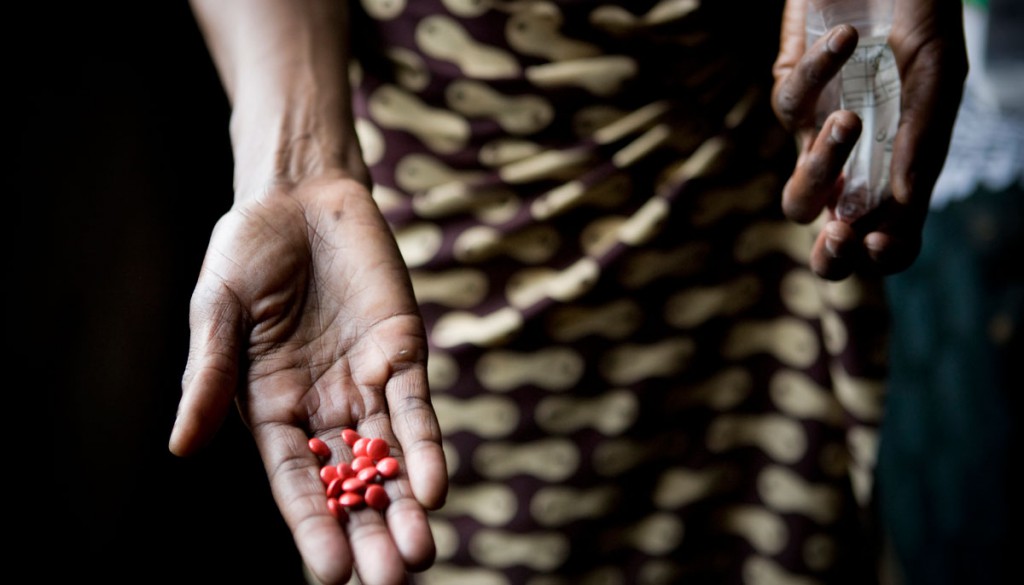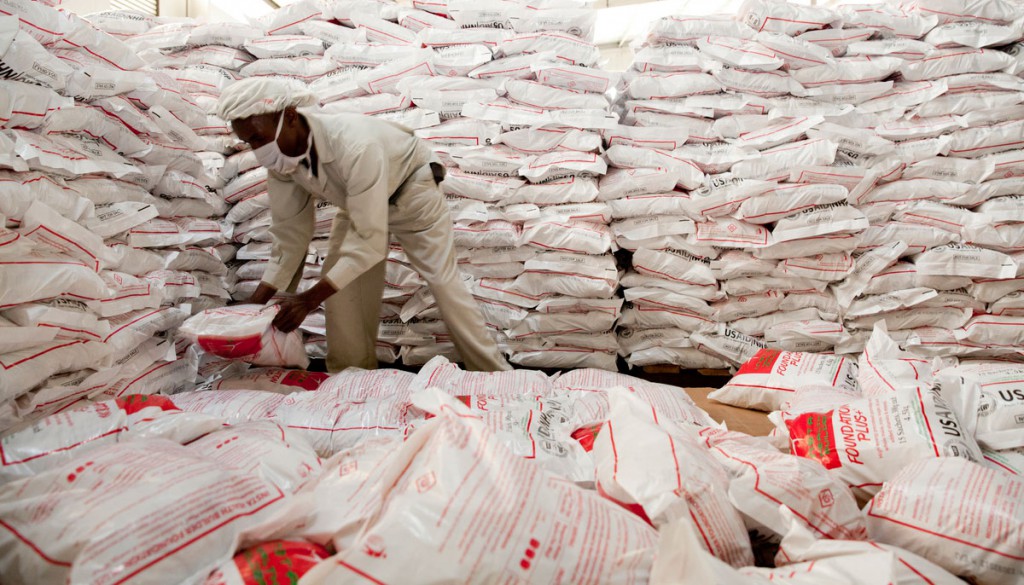
Strategic Investments
The FHI Foundation has provided resources for FHI 360 to demonstrate remarkable innovation across sectors. Significant impacts have included:

HIV/AIDS Programs
During the 1980s, with income from its investment in CRI (which later became the funding catalyst for the Foundation), FHI was able to initiate early pilot programs in Africa to address the HIV/AIDS pandemic. FHI 360 subsequently became an international leader with one of the world’s largest HIV/AIDS portfolios, including biological, clinical and social research, prevention of mother to child HIV transmission, HIV testing and support of orphans and vulnerable children.
In 2001, the FHI Foundation invested US$1 million to demonstrate the viability of antiretroviral therapy (ART) programs in resource-constrained settings in Ghana, Kenya and Rwanda, which provided the critical evidence needed for USAID to expand HIV treatment programs to countries in need. These pilot programs were quickly replicated, expanded and funded by the U.S. Government and many other government organizations, bringing health to millions.

Expanded Organizational Capacity
With funding support by the Foundation, FHI in 2011 acquired the projects and experts of AED (Academy for Educational Development) to form FHI “360”. This expansion of professional talent and deep experience further equipped the organization to address diverse and inter-related challenges in education, health, nutrition, economic development, civil society and environment. In doing so, it was able to capitalize on its expertise and capacities in matters of gender, biological, clinical and social research, monitoring and evaluation, behavior change, organizational capacity building and information technology, as well as financial and project management.

Supporting victims of Ebola: Orphans and vulnerable children (OVC)
In the wake of the Ebola epidemic, thousands of West African children have been orphaned or are living in vulnerable environments. Liberia’s Ministry of Health reports that 70 percent of Ebola support has been concentrated close to the capital Monrovia. Thus, they welcomed FHI 360’s efforts to provide OVC support in Lofa County, which is in northwest Liberia bordering Guinea and is an entry point for Ebola virus into the country. Many children in this region live in open primary school grounds, cook and eat outdoors, and sleep on mud floors. In response, the FHI Foundation provided funding to FHI 360’s Ebola Response Task Force and FHI 360 staff in Liberia to identify areas of need that emergency relief operations were unable to address. Using the in-country systems, staff expertise and local connections of the FHI 360 Liberia Teacher Training Program (LTTP II), FHI 360 was able to provide much-needed supplies, such as bedding and mattresses, school supplies, shoes and clothing, to these vulnerable populations in Liberia.
